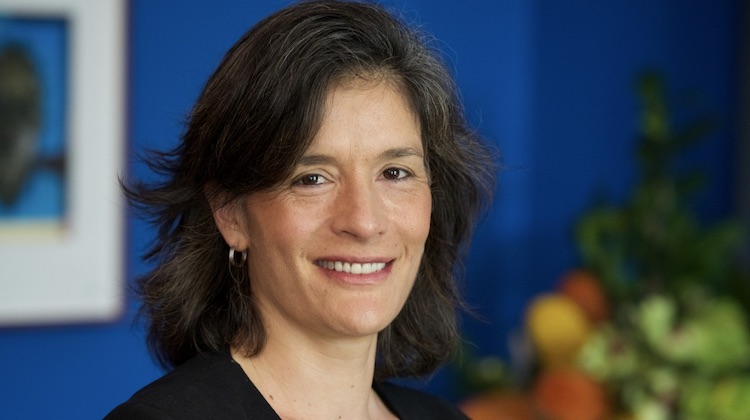Business of Fintech
‘Both vision and data’: Why mobile phones are giving millions access to financial services
- Monica Brand Engel, a partner at Quona Capital, says mobile phones have been driving financial technology growth in emerging markets.
- Brand Engel argues that a plan backed up by data is a critical factor for a company's success.










